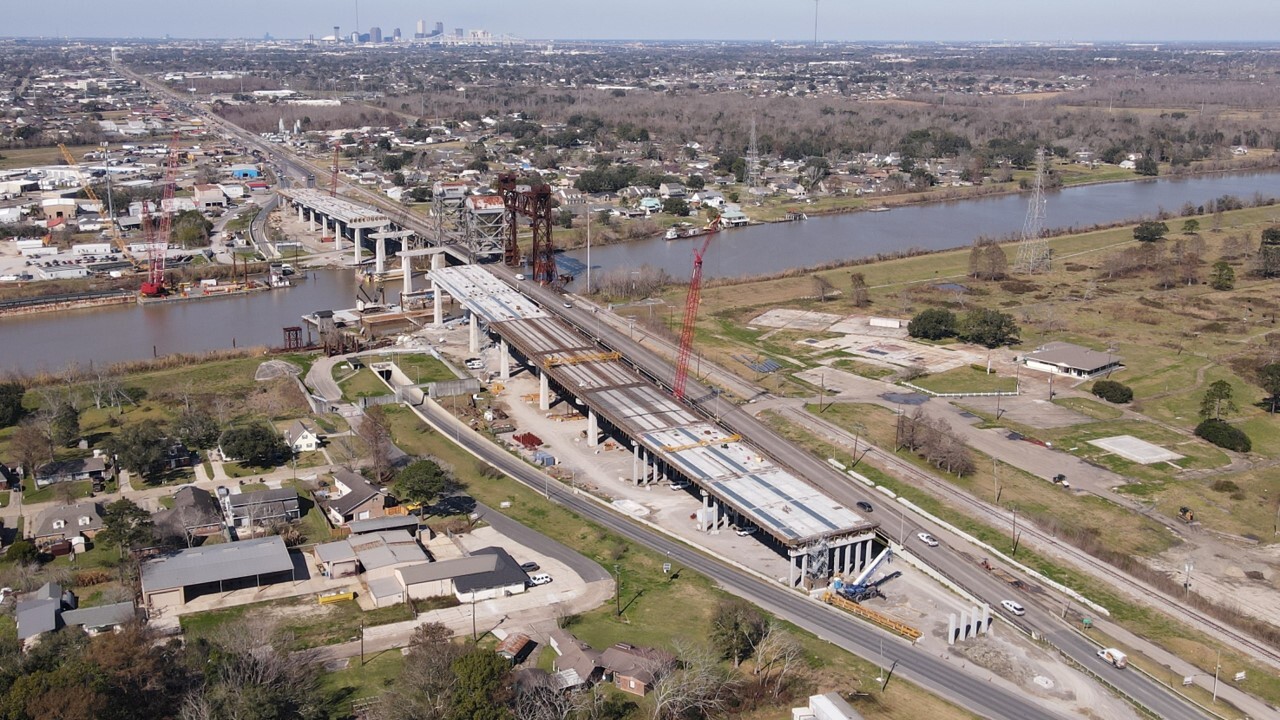WASHINGTON – The House Natural Resources Committee is expected to release a revised version of its Puerto Rico bill on late Friday or Monday, including a modification designed to avoid a constitutional challenge if the legislation is enacted, sources said.
Some critics and federal agencies had warned the bill would violate the Uniformity Clause of the U.S. Constitution, the sources said. That clause, in Article 1, Section 8, says, "Congress shall have power … to establish … uniform laws on the subject of bankruptcies throughout the United States."
The problem, critics and officials from the Justice and Treasury Departments said, according to the sources, was that the bill applied only to Puerto Rico and not to other U.S. territories. It was not uniform as far as the territories.
To preempt a legal challenge on this issue, the bill has been revised to permit the other four U.S. territories, should their financial situations plummet, to opt into its provisions, the sources said. The territory's legislatures would have to pass resolutions allowing the opt-in and their governors would have to sign them.
As a result, Guam, the U.S. Virgin Islands, America Samoa, and the Northern Mariana Islands could opt for the creation of an oversight board that would have the sole ability to file a petition for debt restructuring.
Under the bill, debtors could not have the board file a petition for restructuring on their behalf until they have released their most recent audited financial report and engaged in voluntary debt restructuring discussions with creditors.
The bill borrows ideas from Chapter 9 of the U.S. Bankruptcy Code but explicitly avoids amending that statute and instead uses the Territorial Clause of the Constitution as the basis for its debt restructuring provisions.
Why not just add all of the territories to the bill? Because the other territories don't want to be in the measure, the sources said. They like having some distance from the measure and view it as a last resort.
The committee is supposed to hold a hearing on the revised bill on Wednesday, April 13, and to then vote on it late that week if possible.





